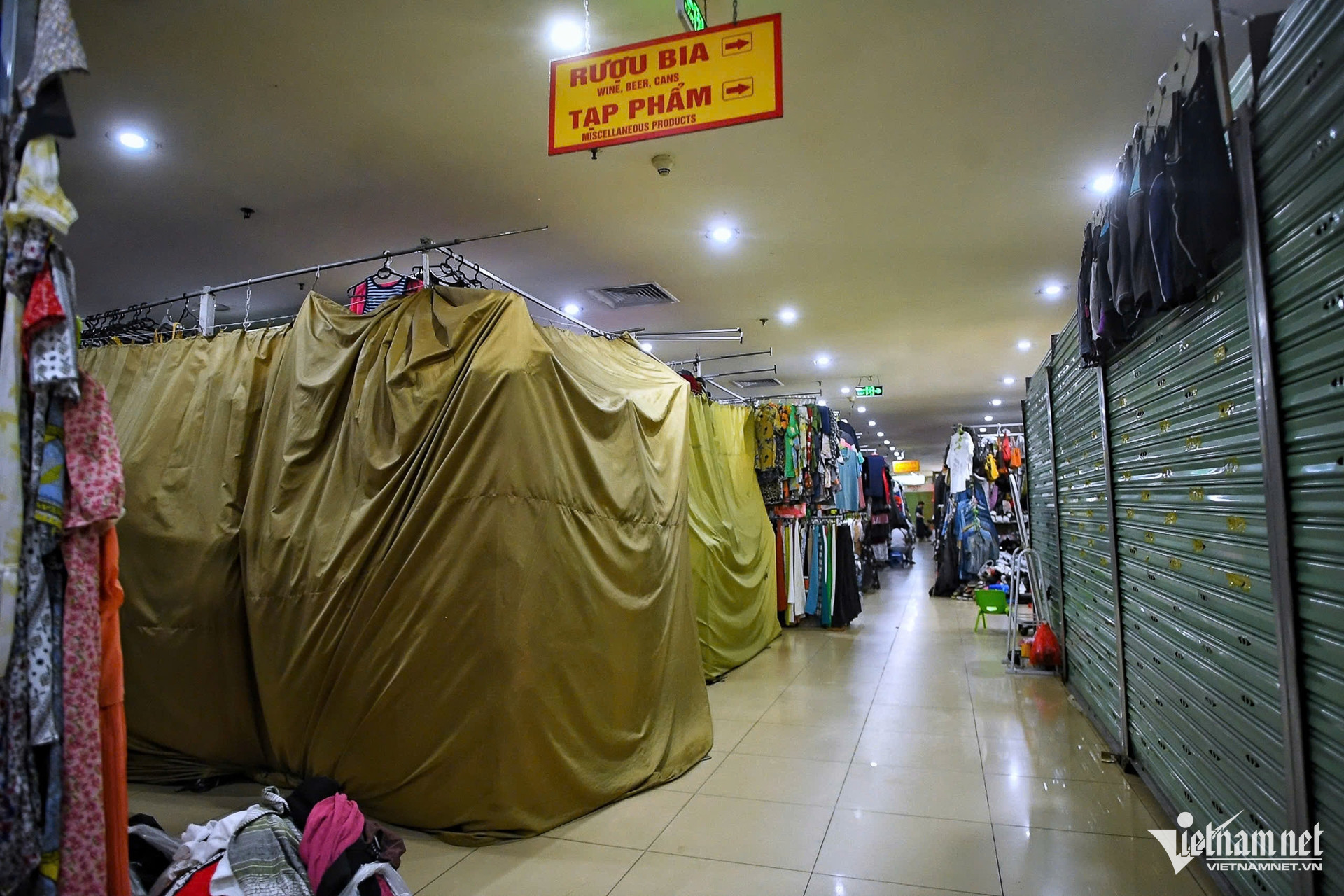Hanoi’s Tax Department Zone I has issued information regarding the rollout of e-invoices generated from cash registers in accordance with Decree No. 70/2025/ND-CP (referred to as Decree 70).
According to the department, the implementation of e-invoices from cash registers under Decree 70 has been well received by business households in Hanoi. In reality, this policy has not changed tax obligations nor disrupted business operations, contrary to some concerns.
In Hanoi, Zone I Tax Department is currently managing over 311,000 business households and individuals. Among them, 4,979 households have an annual revenue of over VND 1 billion (approximately USD 39,000), placing them under the requirement to use e-invoices generated from cash registers. This group accounts for just 1.6% of all managed businesses.

During the initial phase of Decree 70's implementation, the tax authority is not focusing on penalties, recognizing that many businesses are still adjusting to the new policy and technology. However, deliberate non-compliance will be dealt with according to legal regulations.
Zone I Tax Department noted that most businesses have understood, accepted, and begun using e-invoices in compliance with regulations.
Nonetheless, there have been recent claims that some businesses have closed or are operating minimally at major markets such as Ninh Hiep, Dong Xuan, Long Bien, La Phu, and at commercial streets like Hang Ngang and Hang Dao. These areas primarily sell textiles, clothing, hats, confectionery, and personal goods. However, authorities argue that such conclusions are misinformed.
Based on official records, 2,961 business households suspended operations in May and June. Of these, only 263 households (8.8%) were required to use e-invoices. Most traditional and local markets continue to operate normally without any mass closures.
Zone I Tax Department reaffirmed that tax policies remain unchanged with the adoption of e-invoices generated from cash registers. Decree 70 has no adverse impact on business activities.
The primary reason for business suspensions is due to concerns over counterfeit or pirated goods, rather than tax policy changes.
Additionally, some businesses fear retroactive tax assessments if their actual revenues appear higher once e-invoices are implemented.
According to the tax authority, flat-tax rates are determined based on the tax agency's data combined with the businesses' declarations. If actual revenues fluctuate by more than 50% during the year, households can request an adjustment to their tax rate. These adjustments only apply from the point of change going forward.
Hanh Nguyen